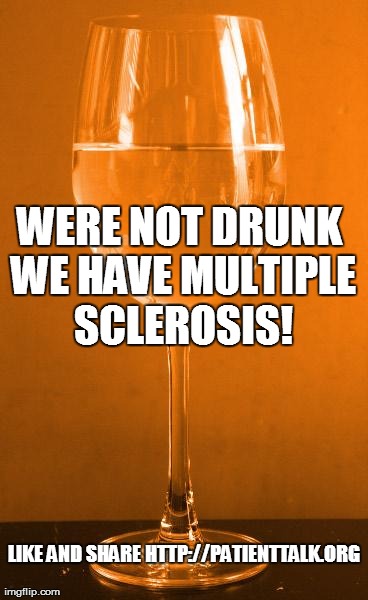Ataxia is a term for a group of disorders that affect coordination, balance and speech.
Any part of the body can be affected, but people with ataxia often have difficulties with:
balance and walking
speaking
swallowing
tasks that require a high degree of control, such as writing and eating
vision
The exact symptoms and their severity vary depending on the type of ataxia a person has.
Types of ataxia
There are various types of ataxia, which can be categorized into three main groups:
1. Acquired ataxia: Symptoms develop as a result of trauma, stroke, multiple sclerosis (MS), brain tumor, nutritional deficiencies, or other conditions that damage the brain or nervous system.
2. Hereditary ataxia: Symptoms develop gradually over many years and are caused by genetic mutations inherited from parents. The most common type is Friedreich’s ataxia.
3. Idiopathic late-onset cerebellar ataxia (ILOCA): The brain is progressively damaged over time for reasons that are unclear.
What causes ataxia?
Ataxia usually results from damage to a part of the brain called the cerebellum, but it can also be caused by damage to other parts of the nervous system. This damage can be part of an underlying condition such as multiple sclerosis (MS), or it can be caused by a head injury, lack of oxygen to the brain, or long-term, excessive alcohol consumption. Hereditary ataxia is caused by a faulty gene passed on by family members, who may or may not be affected.
Read more about the causes of ataxia.
How ataxia is treated
In many cases, there is no cure for ataxia, so supportive treatment to manage the symptoms is essential. This may involve:
– Speech and language therapy to address speech and swallowing difficulties
– Physiotherapy to assist with movement issues
– Occupational therapy to help manage daily challenges
– Medication to regulate muscle, bladder, heart, and eye issues
In a few cases, treating the underlying cause can improve ataxia or prevent its worsening.
Read more about treating ataxia.
Outlook
The outlook for ataxia can vary significantly and largely depends on the specific type of ataxia. Some types may remain stable or even improve over time, but most will worsen progressively over many years.
People with hereditary ataxia generally have a shorter life expectancy than normal; however, some individuals can live into their 50s, 60s, or beyond. In more severe cases, the condition can be fatal in childhood or early adulthood.
For acquired ataxia, the outlook depends on the underlying cause. Some cases may improve or remain stable, while others may worsen over time and reduce life expectancy.
